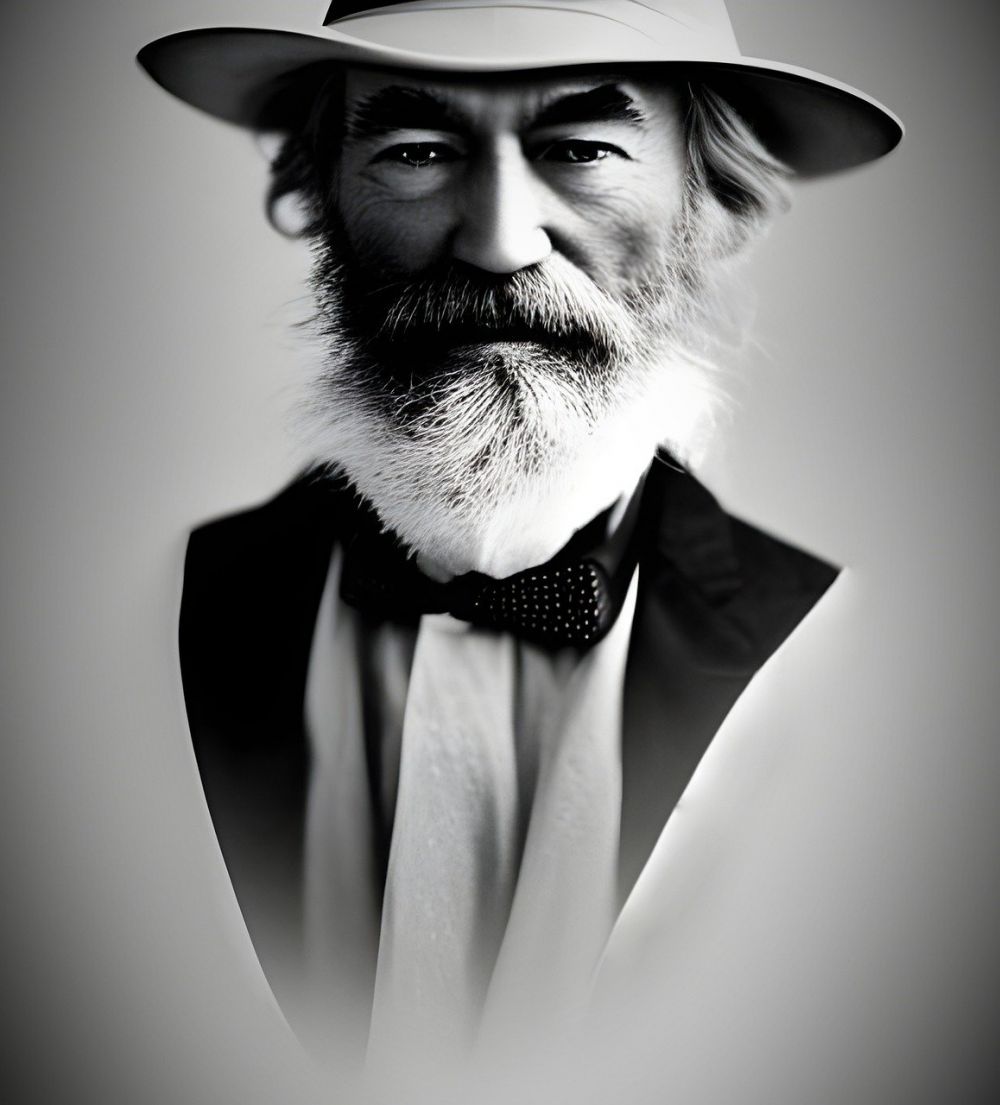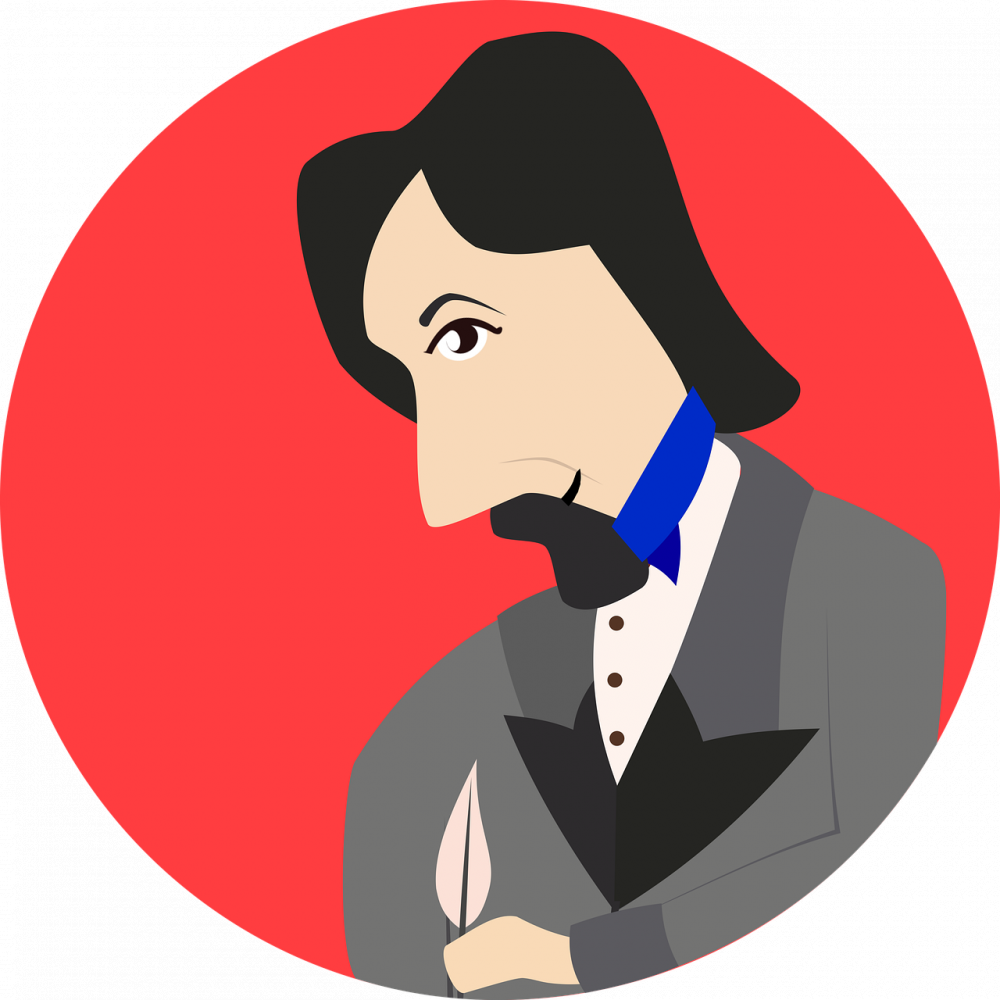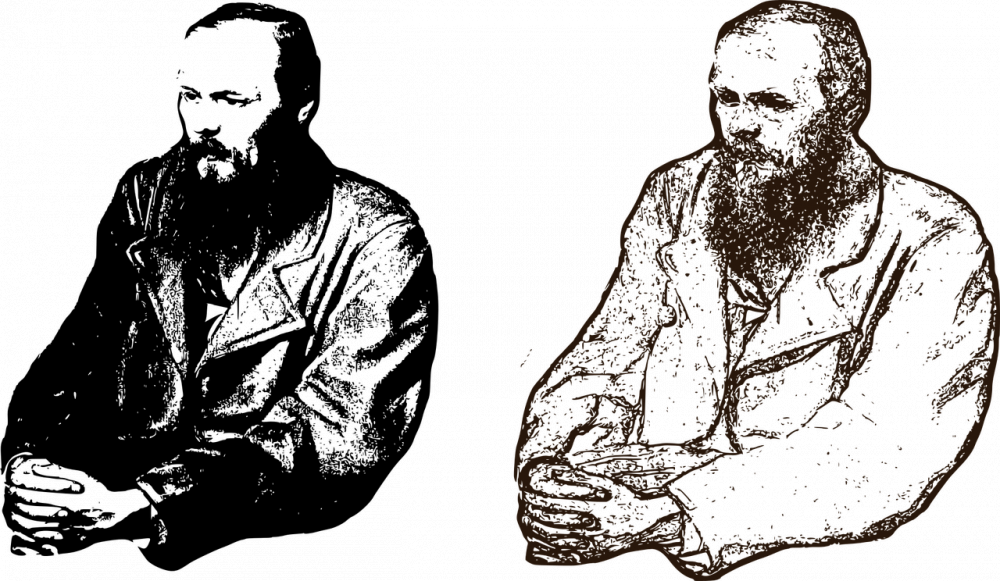George Orwells Animal Farm: A Timeless Allegory

Introduction:
George Orwell’s Animal Farm is a thought-provoking novella that has captivated readers since its publication in 1945. As an allegorical tale, it serves as a powerful critique of totalitarianism and offers profound insights into human nature. In this article, we will explore the significance of Animal Farm, its historical context, and its enduring legacy.
Understanding Animal Farm:

Animal Farm is set in a dystopian society where farm animals rebel against their human farmer, Mr. Jones, to establish an egalitarian society. Led by the pigs, particularly Napoleon and Snowball, the animals overthrow the humans and establish their own system of governance, known as “Animalism.” However, as time progresses, the pigs seize power and become oppressors themselves, mirroring the corrupt leaders they initially revolted against.
Orwell uses anthropomorphic animals to effectively convey his political message. The characters represent different classes and figures from the Russian Revolution. For example, Napoleon embodies Joseph Stalin, while Snowball represents Leon Trotsky. Through these animals, Orwell masterfully satirizes the failures and hypocrisies of political ideologies.
Evolution of Animal Farm:
Animal Farm’s journey from manuscript to literary phenomenon is a testament to its enduring relevance. Initially, Orwell faced difficulties finding a publisher due to its controversial subject matter. However, when it was finally published, it received widespread acclaim for its powerful storytelling and incisive social commentary.
Over time, Animal Farm has undergone significant adaptation and interpretation. Several film adaptations, theatrical productions, and even a graphic novel have helped bring Orwell’s vision to life. Each interpretation adds its own dimensions and layers, capturing the essence of Orwell’s tale in different ways.
The novel’s impact extended far beyond its initial publication. Animal Farm has become a staple in classrooms, sparking important discussions about power, corruption, and propaganda. Its accessibility and applicability to various historical contexts have ensured its enduring relevance, making it a perennial favorite among readers worldwide.
Featured Snippet Potential:
To increase the likelihood of this article appearing as a featured snippet in Google searches, the following formatted bulletpoints highlight key aspects of Animal Farm:
– Animal Farm: A timeless allegorical novella by George Orwell.
– Critique of totalitarianism and exploration of human nature.
– Animals rebel against human farmer, establish Animalism.
– Anthropomorphic characters symbolize Russian Revolution figures.
– Napoleon as Stalin, Snowball as Trotsky.
– Orwell’s powerful storytelling and incisive social commentary.
– Difficulties in finding a publisher, but eventual acclaim.
– Wide adaptation from films to graphic novels.
– Animal Farm sparks important discussions in classrooms.
– Enduring relevance due to accessibility and historical applicability.
Conclusion:
Animal Farm remains a seminal work that continues to resonate with readers across generations. Through its allegorical narrative, Orwell exposes the inherent dangers of power and the susceptibility of revolutions to corruption. As a cautionary tale, it serves as a reminder of the importance of vigilance and critical thinking in the face of oppressive systems. Animal Farm’s enduring legacy attests to the timeless nature of its themes and the indelible mark it has left on the literary landscape.





